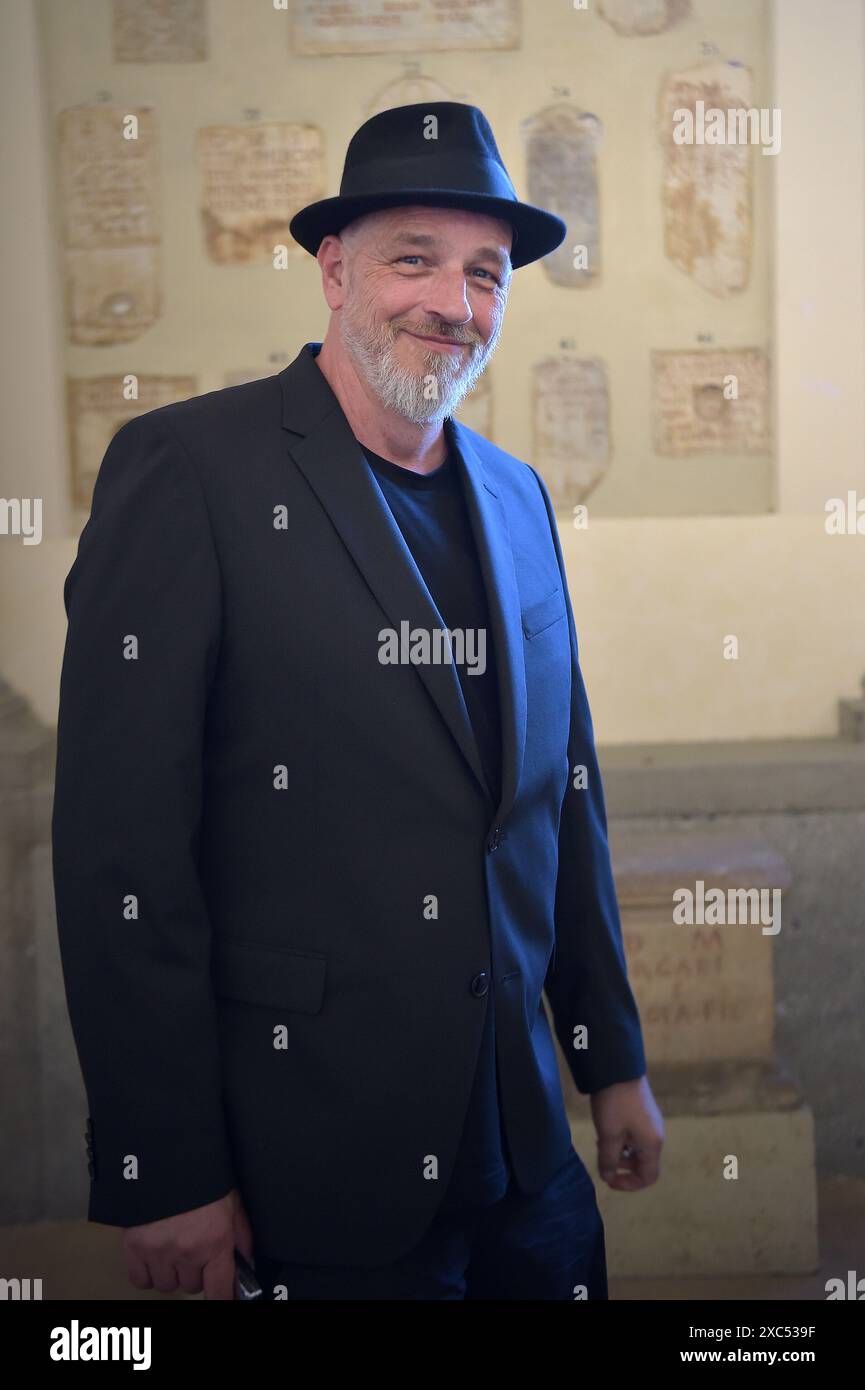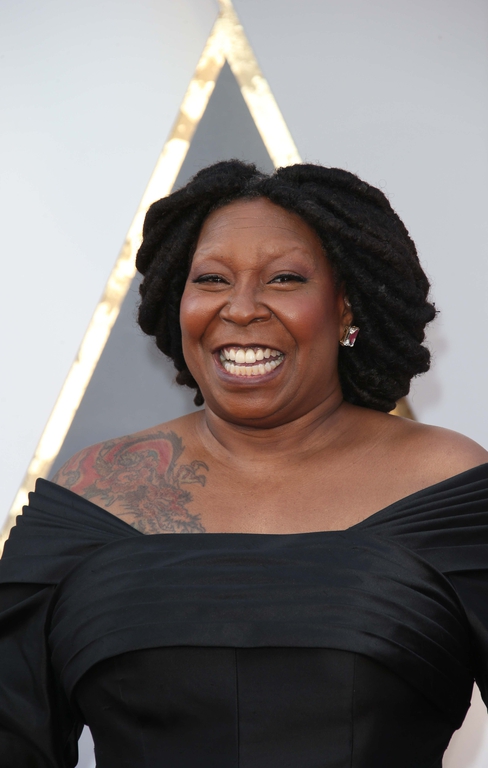Could humor be a bridge to peace? Pope Francis, in a remarkable gesture, has brought together over a hundred comedians from around the globe, signaling a belief in the power of laughter to transcend cultural divides and foster understanding.
The Vatican, on June 14th, served as the unlikely backdrop for a historic meeting. The gathering, a testament to the pontiff's forward-thinking approach, saw the pontiff meeting luminaries of the comedy world, including the likes of Jimmy Fallon, Chris Rock, Stephen Colbert, Whoopi Goldberg, and Conan O’Brien. The event aimed to create a unique dialogue between the Catholic Church and the art of comedy, recognizing the significant influence these artists wield in shaping public opinion and cultural narratives. The atmosphere was not one of solemnity, but of camaraderie. The Pope, known for his approachable demeanor, engaged in lighthearted banter, even making a silly hand gesture, a gesture that immediately put the attendees at ease and set the tone for an afternoon of connection.
Here's a glimpse into the notable attendees:
| Name | Known For | Nationality | Notable Works |
|---|---|---|---|
| Jimmy Fallon | Host, Comedian | American | The Tonight Show Starring Jimmy Fallon |
| Stephen Colbert | Host, Comedian | American | The Late Show with Stephen Colbert |
| Chris Rock | Comedian, Actor | American | Saturday Night Live, Grown Ups |
| Whoopi Goldberg | Actress, Comedian, Television Personality | American | The View, Sister Act |
| Conan O'Brien | Host, Comedian | American | Conan, Late Night with Conan O'Brien |
| Julia Louis-Dreyfus | Actress, Comedian | American | Seinfeld, Veep |
| Jim Gaffigan | Comedian, Actor | American | The Jim Gaffigan Show |
| Bill Murray | Actor, Comedian | American | Ghostbusters, Lost in Translation |
| Sebastian Maniscalco | Comedian, Actor | American | The Irishman, Green Book |
| John Oliver | Comedian, Political Commentator | British-American | Last Week Tonight with John Oliver |
Reference: Vatican Official Website
The Pope's invitation wasn't just a social gathering; it was a deliberate act of recognition. He acknowledged the power of humor in a world grappling with complex challenges, highlighting the ability of comedians to spread joy, even when tackling serious issues. He told the assembled comedians that in the midst of so much gloomy news, immersed as we are in many social and even personal emergencies, you have the power to spread peace and smiles, emphasizing the role of humor as a tool for connection and understanding. This sentiment underscored a core belief: that laughter can be a bridge to empathy and a catalyst for positive change.
The meeting, held within the Vatican's Apostolic Palace, was a carefully orchestrated event. It reflected Pope Francis's broader vision of engaging with diverse voices and perspectives. The pontiff's willingness to embrace comedians from various backgrounds underscored his commitment to reaching out to different segments of society, fostering a sense of inclusivity, and opening lines of communication that might otherwise remain closed. The presence of such a varied group, spanning numerous countries and comedic styles, demonstrated the universality of laughter and its potential to unite people across cultural divides.
The discussions were likely wide-ranging, encompassing the role of comedy in a world often marked by division, the challenges of navigating sensitive topics through humor, and the potential for comedians to contribute to building bridges between different communities. The pontiff's engagement with the comedians was not just a symbolic gesture; it was an active participation in a dialogue about the power of laughter, its responsibilities, and its potential for good. This was a clear indication that the Church recognizes the value of art and culture in fostering understanding and promoting peace.
The choice of the date was significant. June 14th provided a specific moment for the world to take notice. The event drew immediate attention from global media outlets, amplifying the message far beyond the walls of the Vatican. This media coverage, in turn, served to highlight the significance of the meeting and the Pope’s vision for engaging with the world in new and innovative ways. The presence of such high-profile comedians guaranteed widespread coverage and ensured that the message resonated with a global audience.
The meeting, a blend of the spiritual and the secular, brought together individuals who, on the surface, might seem worlds apart. Yet, the shared language of humor became the foundation for a remarkable exchange. The Pope's openness to engaging with comedians and his recognition of their influence provided a powerful reminder of the unifying force of laughter and its potential to build bridges, foster dialogue, and contribute to a more peaceful and understanding world.
Beyond the immediate impact of the meeting, the event served as a powerful symbol. It reinforced the importance of dialogue, understanding, and the ability of art and culture to transcend boundaries. It was a testament to the potential for laughter to bridge divides and contribute to a more inclusive and compassionate world. The Vatican, in hosting this gathering, sent a clear message: that humor, at its best, is a force for good.



